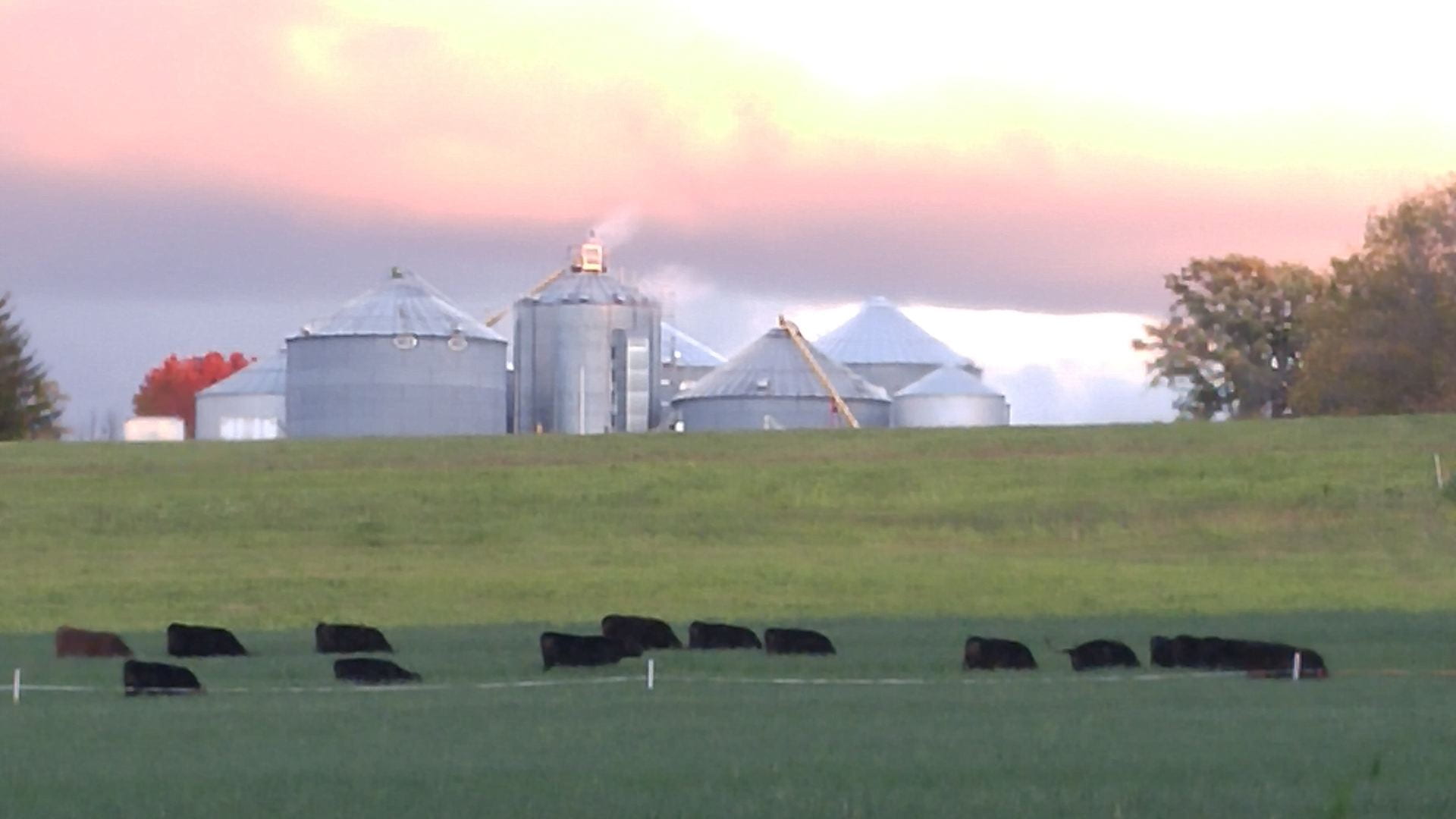Beef Nutrition Program Inspired by Study of World War II Survivors is Focus of Northern NY Beef Week Presentation
Northern New York – An exciting new beef nutrition program inspired by a study of World War II concentration camp survivors is focus for the Fall 2013 Northern New York Beef Week program organized by the Cornell Cooperative Extension Northern New York Regional Livestock Team.
In a November 7 webcast to four locations across the Northern NY region, Ted Perry, a Marketing Beef Nutritionist and Beef Technical Services Manager with Land O’Lakes Purina Feed, Kansas City, KS, will explain how a human health study of war survivors has led to a new beef cattle feeding program designed to encourage the in-utero nutrition of calves.
“A study by the University of Idaho of the long-term health issues of children born to mothers suffering starvation in the Nazi concentration camps during World War II and during the period known as the Dutch “hunger winter” late in the war has been applied to how we raise livestock with phenomenal results,” Perry explains. “This is one of the neatest developments in cow-calf nutrition we have seen in the last 25 years.”
During the November 7 webinar Perry will share the results of the Idaho study that showed a doubling of the quality grade of the calves fed on this new program.
As beef quality grade increases so does the profit opportunity for beef producers. Perry says beef quality grades increase in herds east of the Mississippi.
“Beef raised in the Northeast tends to be well-fed because of the high quality forages in the region and because producers have been practicing what we call sustained nutrition,” says Perry, with more than 20 years’ experience working with beef cattle.
Perry, a Beef Extension and Research Specialist at Cornell University before joining Purina as a formulation specialist, works closely with beef producers nationwide to answer their questions about proper nutrition for beef production. During the discussion part of his November 7 NNY webcast, Perry hopes regional producers will particularly ask questions about how to manage their winter feeding programs.
“Last winter regional beef producers were challenged by poor feed quality and low supplies, so this presentation by Ted Perry on how cow nutrition does indeed impact calf health and viability is timely as we head into the 2013-2014 winter season,” says Northern New York Regional Livestock Team Leader Betsy Hodge with Cornell Cooperative Extension of St. Lawrence County.
The sites hosting the program with registration at 6:30pm followed by 7pm webcast are:
Clinton County: CCE Clinton County office, Plattsburgh, 518-561-7450
Essex County: CCE Essex County office, Westport, 518-962-4810
Jefferson/Lewis Counties: Lloyd Garnsey Farm, Clayton; farm tour at 6pm, 315-788-8450
St. Lawrence County: CCE St. Lawrence County Learning Farm, Canton, 315-379-9192.
To attend the webcast in person or to watch from a home computer (e-invitation is required), register with the local Extension office as listed above.
Cornell Cooperative Extension provides equal program and employment opportunities.
